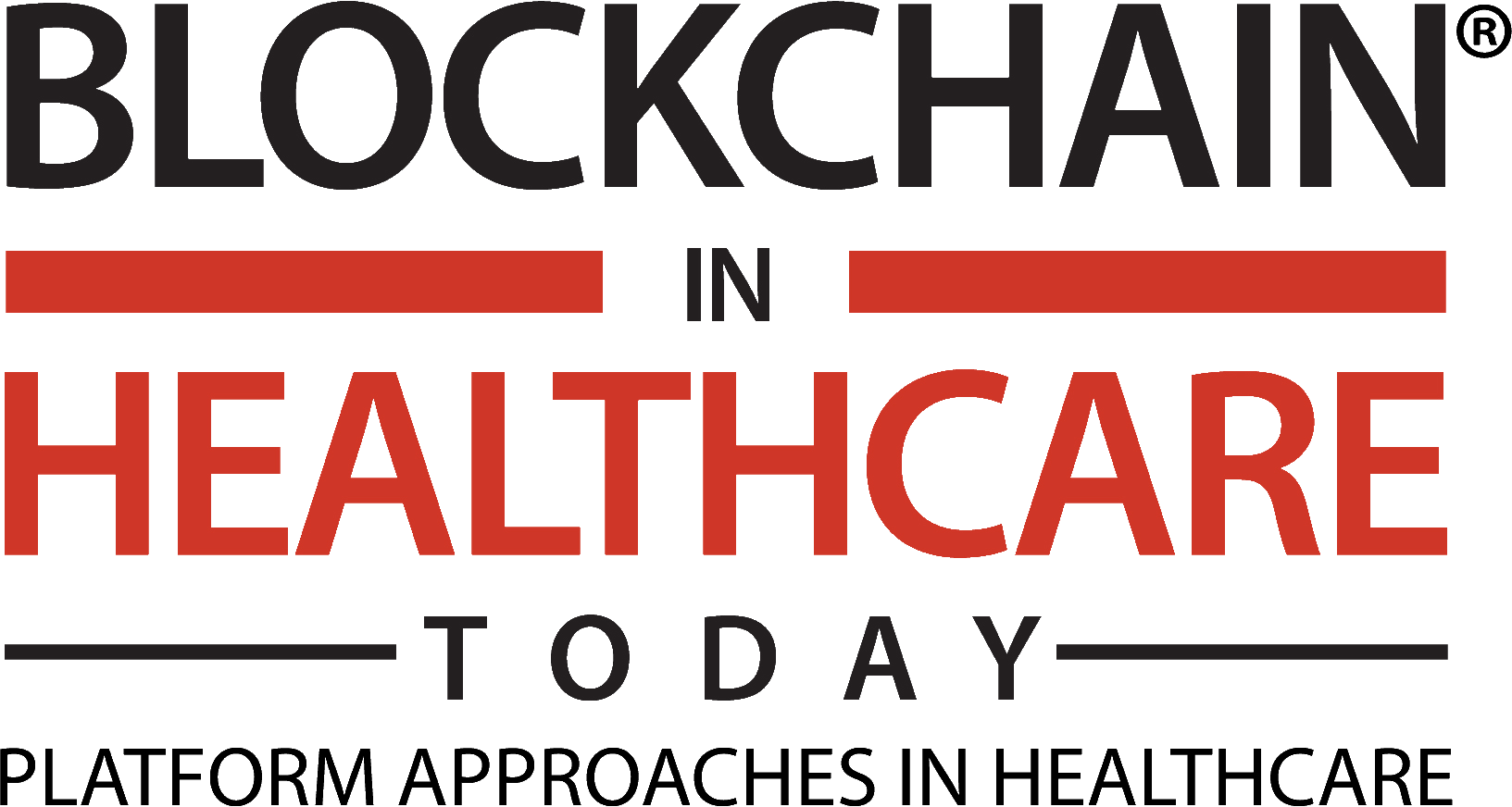Vol 5, No 1 (2022)
Published: 16.11.2022.
Blockchain in Healthcare Today (BHTY) is the world’s first peer reviewed open access journal that amplifies and disseminates distributed ledger technology research and innovations in the healthcare information systems, clinical computing, network technologies and biomedical sciences. Fields of interest include utility for data integrity, privacy preservation, health information systems interoperability, permissioned security for health data, clinical support and clinical trials management, supply chain management, revenue cycle automation, cost and impact, and the integration of AI and machine learning tools in this emerging specialty field of research. The preeminent international journal is published on a continuous basis to accelerate sharing rigorously vetted theoretical and experiential knowledge required for a global multi-disciplinary ecosystem. A world-class peer review board endeavors to offer rapid peer review and includes constructive commentary to strengthen work.
Authors in this issue:
Marianne Louise Chang, Anton Hasselgren, Brooke M. Delgado, Corinne Sim, Daniel Conway, Daniel Laverick, Gabriela Pelin, Haisheng Zhang, Halid Kayhan, Imtiaz Khan, Mohamed Maher, Mohan Venkataraman, Wendy M. Charles,
Archive
See all
Volume 7, Issue 3, 2024
Volume 7, Issue 2, 2024
Volume 7, Issue 1, 2024
Volume 6, Issue 2, 2023
16.11.2022.
Narrative/Systematic Review/Meta-Analysis
From Sharing to Selling
During the COVID-19 pandemic, we witnessed how sharing of biological and biomedical data have facilitated the researchers, medical practitioners and policymakers to tackle the pandemic at a global scale. Despite the growing use of EHR by medical practitioners and wearable digital gadgets by individuals, 80% of the health and medical data remain unused, adding little value to the researchers and medical practitioners. Legislative constraints related to health data sharing, centralised siloed design of traditional data management systems and most importantly, lack of incentivisation models are thought to be the underpinning bottlenecks for sharing health data. With the advent of the General Data Protection Regulation (GDPR) of the EU and the development of technologies like blockchain and distributed ledger technologies (DLT), it is now possible to create a new paradigm of data sharing by changing the incentivisation model from current authoritative or altruistic form to a shared economic model where financial incentivisation will be the main driver for data sharing. This can be achieved by setting up a digital health data marketplace (DHDM). Here we reviewed papers that proposed technical models or implemented frameworks that use blockchain-like technologies for health data. We seek to understand and compare different technical challenges associated with implementing and optimising the DHDM operation outlined in these papers. We also examined the legal limitations in the context of European Union and other countries such as the USA to accommodate any compliance requirement for such a marketplace. Last but not least, we reviewed papers that investigated the short, medium and long terms socioeconomic impact of such a marketplace on a wide range of stakeholders.
Mohamed Maher, Imtiaz Khan
16.11.2022.
Use Cases
Ensuring Trust in Pharmaceutical Supply Chains by Data Protection by Design Approach to Blockchains
Pharmaceutical supply chains are complex structures including various actors, and blockchains are seen as a promising solution to increase effectiveness and overcome some of the main challenges in these supply chains, especially the lack of trust. However, the European Union has set strict rules in the domain of pharmaceutical supply chains in order to protect patient safety and public health, and using blockchains brings further legal requirements to comply. Among these requirements, personal data protection is of utmost importance because it has been argued, for years, that blockchains and the EU data protection regime are in conflict by their natures. However, it is also claimed that when rightly designed and combined with other technological solutions, blockchains can offer great opportunities to enhance data protection. Nevertheless, blockchains’ potential in pharmaceutical supply chains has not yet been realized as most use cases are in the Proof of Concept or pilot stages.
This paper will examine the debates around blockchains and data protection with the objective of drawing constructive conclusions on whether blockchains solutions can be designed in data protection-enhancing ways and whether this can help realize blockchains’ potential in pharmaceutical supply chains, particularly by creating trust. For this purpose, this paper takes the example of an ongoing EU-funded innovative research project called PharmaLedger as a case study to concretize its theoretical examinations. This project is chosen since it gathers together a wide variety of stakeholders representing different interests and aims to create a digital trust ecosystem in healthcare, by providing a widely trusted platform that supports the design and adoption of blockchain-enabled healthcare solutions while accelerating the delivery of innovation that benefits the entire ecosystem from manufacturers to patients.
Halid Kayhan
16.11.2022.
Narrative/Systematic Review/Meta-Analysis
Health Datasets as Assets: Blockchain-Based Valuation and Transaction Methods
There is increasing recognition that health-oriented datasets could be regarded as intangible assets: distinct assets with future economic benefits but without physical properties. While health-oriented datasets—particularly health records—are ascribed monetary value on the black market, there are few established methods for assessing value for legitimate research and business purposes. The emergence of blockchain has created new commerce opportunities for transferring assets without intermediaries. Therefore, blockchain is proposed as a medium by which research datasets could be transacted to provide future value. Blockchain methodologies also offer security, auditability, and transparency to authorized individuals for verifying transactions. The authors will share data valuation methodologies consistent with accounting principles and include discussions of black market valuation of health data. Further, this article describes blockchain-based methods of managing real-time payment/micropayment strategies.
Wendy M. Charles, Brooke M. Delgado
16.11.2022.
Use Cases
Improving End-to-End Traceability and Pharma Supply Chain Resilience with Blockchain
Regulating and monitoring a traditionally fragmented pharma supply chain has been a global challenge for decades. Without a trusted system and strong collaboration between stakeholders, threats such as counterfeits can easily intercept the supply chain and cause monumental disruptions. Today, the Covid-19 pandemic has accelerated the need for greater data transparency, better deployment of technology, and improved ways of connecting stakeholder information along the supply chain.
There is a need for improved ways of working to help build up supply chain resilience, and one way is by implementing better end-to-end traceability using blockchain technology such as Hyperledger Fabric. This paper will explore the business value that blockchain brings to the pharma supply chain with better end-to-end traceability, with the example of an industry-grade blockchain solution called eZTracker.
Through six key features, pharmaceutical manufacturers, patients, and Healthcare Practitioners (HCPs) can now participate in data-sharing, with extended use cases of integrating blockchain with warehouse platforms, a patient-facing mobile application, and an interactive dashboard for real-time verification and data transparency. Beyond anti-counterfeit verification, other potential use cases include effective product recall management, cold chain monitoring, e-product information and more.
The effectiveness of a traceability solution is heavily dependent on the amount of data collected and is affected by poor adoption and scalability. Existing limitations that need to be addressed include the lack of mandated serialisation in Asia and blockchain interoperability.
To maximise the value of blockchain, collaboration is key. Pharmaceutical manufacturers need to invest in new technologies such as blockchain, to help them break out of data silos, and operationalise data to build supply chain resilience.
Corinne Sim, Haisheng Zhang, Marianne Louise Chang
16.11.2022.
Discussion
Blockchain in Healthcare Today 2022 Predictions
Each year Blockchain and Healthcare Today reaches out to journal board members, annual ConV2X Symposium speakers and ecosystem subject matter experts to share their near term views and perspectives for blockchain technology advances in healthcare. Representing perspectives from Asia, Europe and North America, the article presents insights into where authors anticipate market opportunities and gaps that should be addressed for regional and global collaboration, governance and efficiency for the year 2022.
Daniel Conway, Mohan Venkataraman, Daniel Laverick, Gabriela Pelin, Anton Hasselgren


